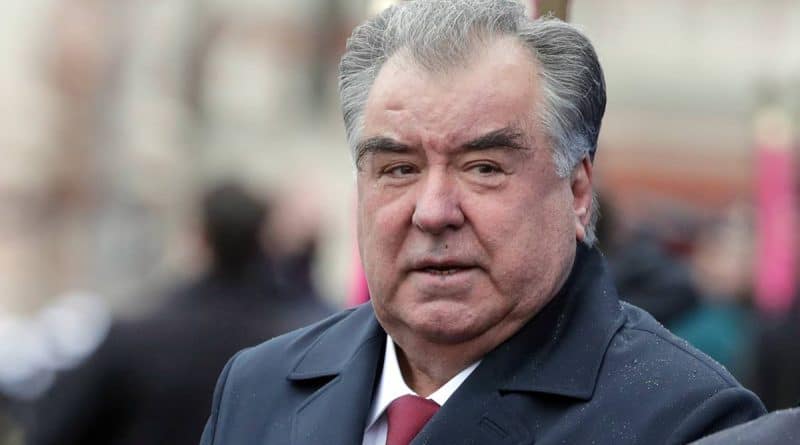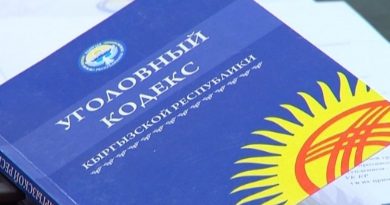Tajikistan: Journalists, who criticize the government, are at risk of violence, intimidation and arrest
The international non-governmental organization “Reporters Without Borders” (Reporters sans frontières, RSF) published the World Press Freedom Index for 2022 on May 3.
Tajikistan is in 152nd place among 180 countries, which is 10 positions higher than in the previous year. However, despite this, it still remains in the group of countries in which the situation with press freedom is assessed as difficult.
RSF writes that reporters, who criticize the government, are at risk of physical abuse, intimidation, arrest and even imprisonment by law enforcement and security forces. It’s practically impossible for journalists to work on issues that the government considers ‘sensitive’ without endangering themselves, their friends and families.
The government seeks to control information using all available means – the threat of deprivation of accreditation, harassment, blocking the Internet. “Only one third of the population has access to the Internet. The near-permanent blocking of major news sites and social networks has encouraged many Tajik media outlets to organize their activities outside the country. Foreign journalists are working under the threat of depriving them of their accreditation,” writes Reporters Without Borders in the part of the report on Tajikistan.
According to human rights activists, the government closely monitors the content distributed on radio, television and the Internet. Independent media consider access to official information to be extremely limited. Journalists, who don’t succumb to self-censorship, are subjected to harassment by the security services, intimidation and blackmail. The government has created troll farms designed to discredit any critical comments.
At the same time, as noted by the RSF, the authorities of Tajikistan are abusing the rule of law to punish inciting hatred, enmity or spreading false information. These laws, which directly threaten journalists, create an atmosphere of fear and prevent them from expressing any critical attitude towards the regime.
The authors of the study note that this year a new scoring system for the Press Freedom Index has been used. It assesses such parameters as the general state of the press, the political situation, legislation, economic situation, socio-cultural situation and security. Tajikistan scored only 40.26 points (an indicator of media freedom is estimated on a scale of 100; the lower the overall score is, the lower place the country occupies in the rating table) and is next to Sudan and Belarus. Tajikistan has the lowest score for the economic situation of the media.
The researchers note that many obstacles stand in the way of the economic development of the media sector. These include legal and bureaucratic barriers, high taxes, an underdeveloped advertising market and sudden inspections by regulatory bodies. “Added to this are low salaries, which push experienced journalists to change job. Private media don’t receive government subsidies, although the Law on press allows it,” the authors of the study write.
/wp




